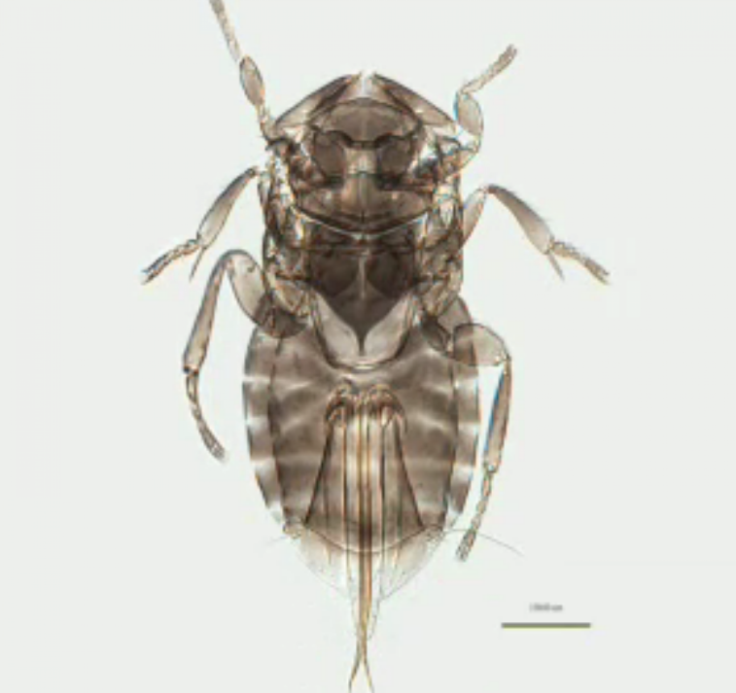New Wasp Genus Discovered, ‘Wallaceaphytis’ Named After Evolution Naturalist Alfred Russel Wallace [PHOTO]

A new wasp genus discovered on the Indonesian island of Borneo has a historical namesake.
Named Wallaceaphytis after Alfred Russel Wallace, one of the “forgotten heroes” behind the theory of evolution by natural selection, the insect was collected in 2012 during a trip to the Danum Valley. A description of the unusually large parasitoid wasp is described in a new paper in the Journal of Natural History.
"Wallaceaphytis is so unusual that one of my volunteers called me over to the microscope saying, 'This looks really strange'," Andrew Polaszek, head of the Terrestrial Invertebrates Division at the Natural History Museum in London, who was part of the team that found the insect, told the BBC. "Not only is it a new species but also a completely new genus. And we found it in Wallace's old stomping ground."
While Charles Darwin set out to the Galapagos Islands to observe natural selection, Wallace went to the islands of south and east Asia, including Borneo. He describes thousands of new insect species he collected from the Indonesian island between 1854-56, including the Rajah Brooke’s birdwing butterfly, which is now a protected species and the national butterfly of Malaysia.
"The beauty and brilliancy of this insect are indescribable," wrote Wallace in his book The Malay Archipelago."On taking it out of my net and opening the glorious wings, my heart began to beat violently, the blood rushed to my head, and I felt much more like fainting than I have done when in apprehension of immediate death."
The Wallaceaphytis is a parasitoid wasp that lays eggs inside other insects and spiders. While these kinds of wasps are typically less than a fifth of a millimeter in length, this new wasp is just under a millimeter, making it “a bit of a whopper,” according to the Natural History Museum.
DNA confirmed that it wasn’t related to a known species. Entomologists have identified about 130,000 species, but Polaszek predicts there are thousands yet to be discovered. "I'm going to stick out my neck and say the true number is closer to a million species in total," Polaszek told NBC News.
Polaszek said his team plans to return to Borneo to collect more insects in a different area of the island. “There’s still this remarkable hidden biodiversity in Borneo as well as right under our noses here in England,” he said.
© Copyright IBTimes 2024. All rights reserved.





















